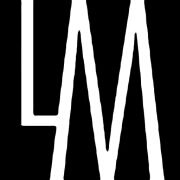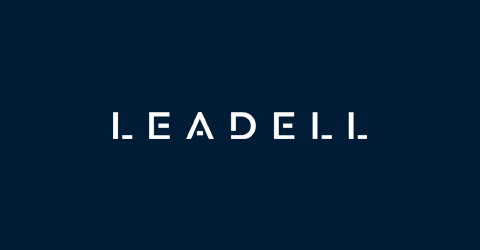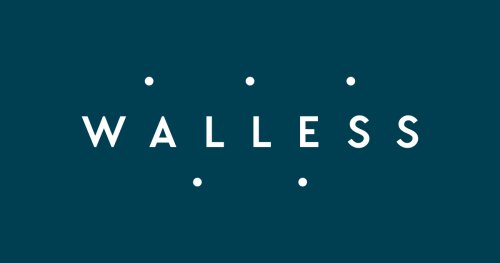Best Technology Transactions Lawyers in Republic of Lithuania
Share your needs with us, get contacted by law firms.
Free. Takes 2 min.
Or refine your search by selecting a city:
List of the best lawyers in Republic of Lithuania
About Technology Transactions Law in Republic of Lithuania:
Technology Transactions refer to the legal aspects of buying, selling, licensing, or otherwise transferring rights to technology. In the Republic of Lithuania, these transactions are governed by a combination of civil law, intellectual property law, and contract law.
Why You May Need a Lawyer:
There are various situations where you may need a lawyer for Technology Transactions in Lithuania, such as negotiating contracts, protecting intellectual property rights, resolving disputes, or ensuring compliance with local laws and regulations.
Local Laws Overview:
Key aspects of local laws relevant to Technology Transactions in Lithuania include the Law on Copyright and Related Rights, the Law on Trademarks, the Law on Patents, the Law on Electronic Communications, and the Law on Consumer Rights Protection.
Frequently Asked Questions:
1. What types of technology transactions are common in Lithuania?
Common technology transactions in Lithuania include software licensing agreements, technology development agreements, technology transfer agreements, and intellectual property assignments.
2. How can I protect my intellectual property rights in Lithuania?
You can protect your intellectual property rights in Lithuania by registering your patents, trademarks, and designs with the State Patent Bureau and drafting clear and enforceable intellectual property clauses in your contracts.
3. What are the main provisions that should be included in a technology transaction agreement?
Main provisions that should be included in a technology transaction agreement in Lithuania include the scope of the license, payment terms, intellectual property ownership, confidentiality obligations, warranties, and dispute resolution mechanisms.
4. What are the consequences of breaching a technology transaction agreement in Lithuania?
Consequences of breaching a technology transaction agreement in Lithuania can lead to legal actions, such as damages or injunctions, as well as termination of the agreement and potential reputation damage.
5. Are there any restrictions on technology transfers in Lithuania?
Yes, there are certain restrictions on technology transfers in Lithuania that may apply to specific industries or technologies, such as encryption technology or dual-use goods.
6. How can I resolve a dispute related to a technology transaction in Lithuania?
Disputes related to technology transactions in Lithuania can be resolved through negotiation, mediation, arbitration, or litigation, depending on the nature and complexity of the dispute.
7. Are there any data protection laws that apply to technology transactions in Lithuania?
Yes, data protection laws, such as the General Data Protection Regulation (GDPR), apply to technology transactions in Lithuania, and it is essential to comply with these laws when processing personal data.
8. Do I need to register my technology transfer agreement with any governmental body in Lithuania?
There is no mandatory requirement to register technology transfer agreements with any governmental body in Lithuania, but it is advisable to keep accurate records of all agreements for legal purposes.
9. Can I terminate a technology transaction agreement in Lithuania?
Yes, technology transaction agreements in Lithuania can be terminated by mutual agreement, expiration of the term, breach of contract, or for other reasons specified in the agreement.
10. How can I ensure that my technology transaction agreement is legally binding in Lithuania?
To ensure that your technology transaction agreement is legally binding in Lithuania, it is recommended to seek legal advice from a qualified lawyer who can draft or review the agreement to ensure compliance with local laws and regulations.
Additional Resources:
For additional resources related to Technology Transactions in Lithuania, you can contact the State Patent Bureau, the Lithuanian Free Market Institute, the Lithuanian Innovation Centre, or seek assistance from a qualified legal firm specializing in technology law.
Next Steps:
If you require legal assistance with Technology Transactions in Lithuania, it is advisable to consult with a specialized technology lawyer who can provide guidance and support throughout the transaction process. Be sure to gather all relevant documentation and information related to your technology transaction before seeking legal advice.
Lawzana helps you find the best lawyers and law firms in Republic of Lithuania through a curated and pre-screened list of qualified legal professionals. Our platform offers rankings and detailed profiles of attorneys and law firms, allowing you to compare based on practice areas, including Technology Transactions, experience, and client feedback.
Each profile includes a description of the firm's areas of practice, client reviews, team members and partners, year of establishment, spoken languages, office locations, contact information, social media presence, and any published articles or resources. Most firms on our platform speak English and are experienced in both local and international legal matters.
Get a quote from top-rated law firms in Republic of Lithuania — quickly, securely, and without unnecessary hassle.
Disclaimer:
The information provided on this page is for general informational purposes only and does not constitute legal advice. While we strive to ensure the accuracy and relevance of the content, legal information may change over time, and interpretations of the law can vary. You should always consult with a qualified legal professional for advice specific to your situation.
We disclaim all liability for actions taken or not taken based on the content of this page. If you believe any information is incorrect or outdated, please contact us, and we will review and update it where appropriate.
Browse technology transactions law firms by city in Republic of Lithuania
Refine your search by selecting a city.













